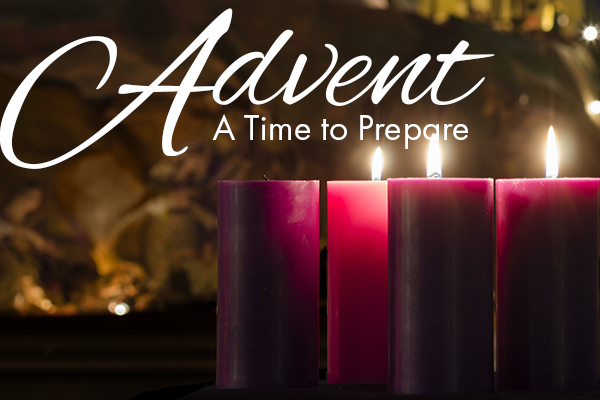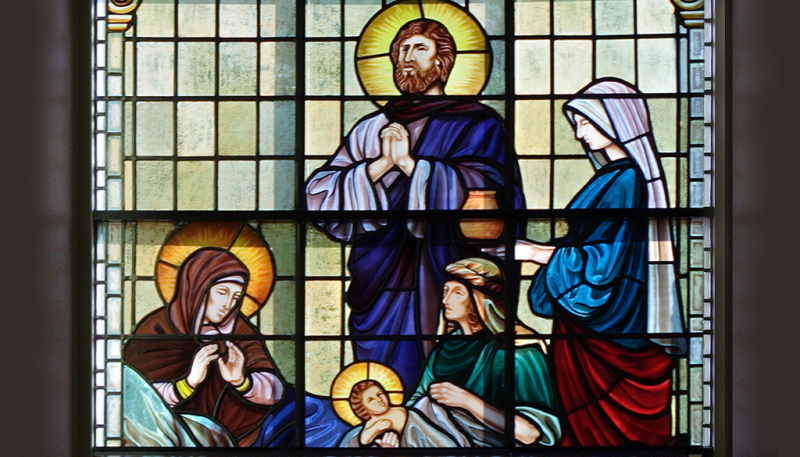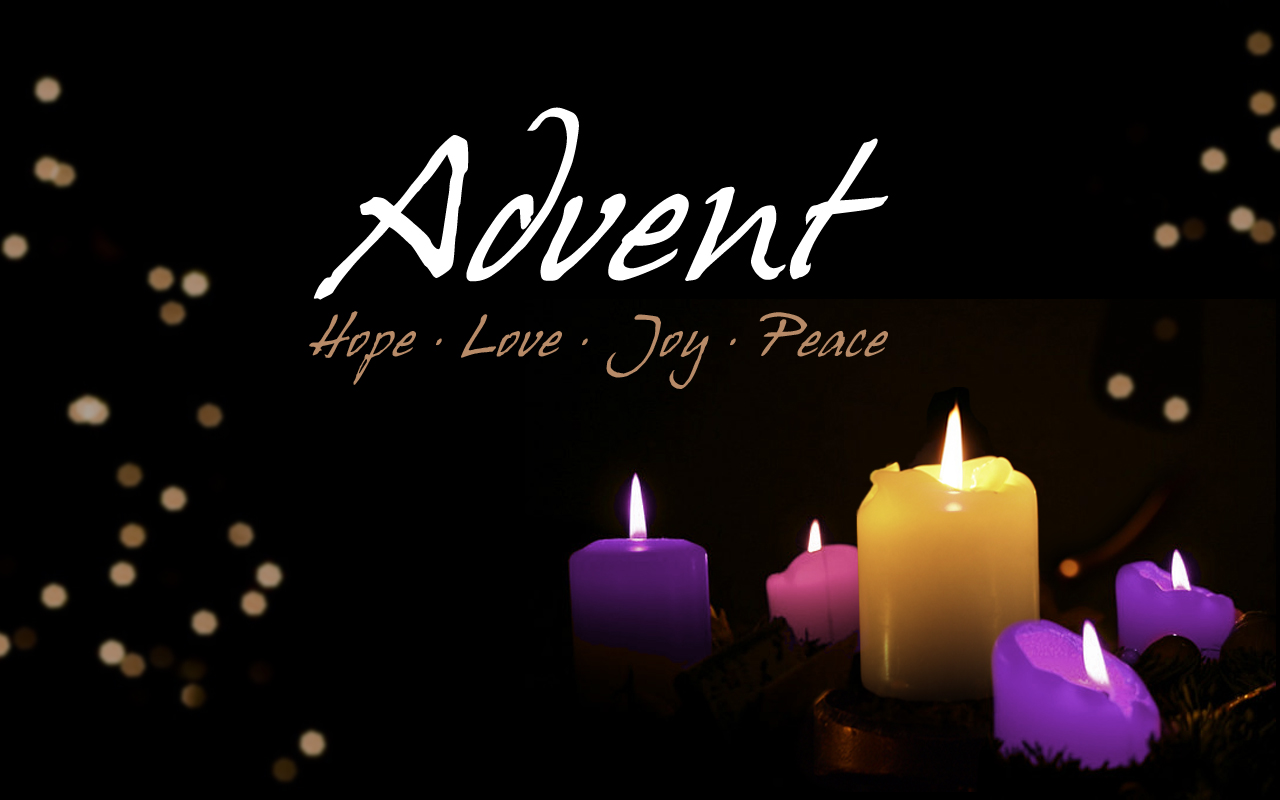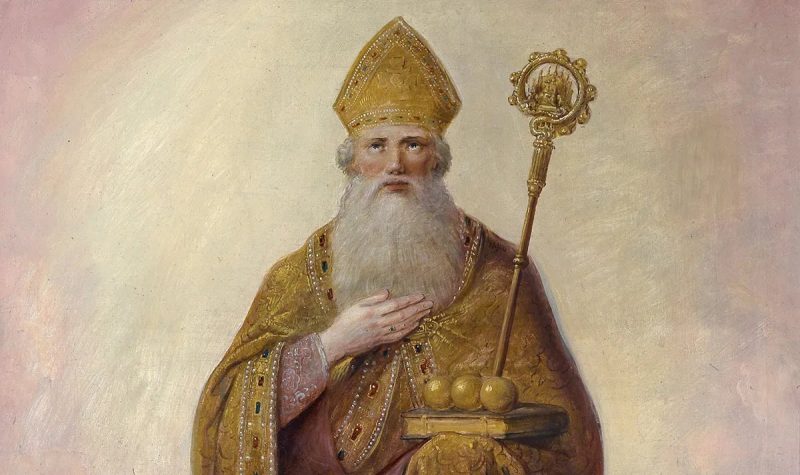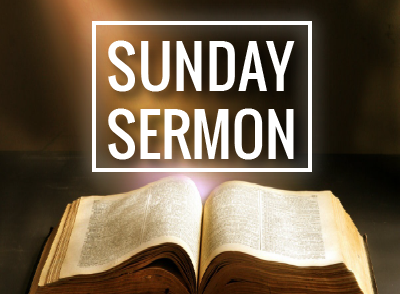Isaiah 7:10–17 and Matthew 1:18–21
We have made it, well, almost. We have lit the fourth candle, the halls are decked, the meal has been prepared, the shopping is, hopefully, done, and Mary and Joseph are on their way to Bethlehem.
I do love this time of year, it is the most wonderful time of the year! I believe that Christmas is more important than Easter, and if you want to hear why, you will have to come to the 6pm service on Christmas Eve. Because we are not there yet.
In our fast-paced world, we want to skip over the boring parts and get right to the end of the story. I mean, we know how it is all going to end, right? We have heard the story thousands of times, and it always ends the same way. But if we skip over things, the things we don’t really like, we miss the really good stuff.
The Fourth Sunday of Advent brings us right to the edge of the story. Today, we name what has been quietly building all along: love. But Advent love is not sentimental. It is not soft-focus or safe. It’s not the idyllic scene we see on Hallmark cards. No, Advent love disrupts. Advent love risks. Advent love shows up in places where fear already has a strong grip.
Isaiah speaks into a moment of deep political anxiety. Judah is caught between empires. King Ahaz is afraid. Power feels fragile. The future is uncertain. God invites Ahaz to ask for a sign, some assurance that God is present, but Ahaz refuses. Not out of humility, but out of fear disguised as faith. So, God does what God does and gives the king a sign anyway. Not some roadside light display, not some cheery Christmas card picture we can hang on the wall, not some sanitized version of birth. Though the prophet God simply says, “A young woman is with child… and shall name him Immanuel.” God-with-us.
This is how love works in scripture. God does not wait for courage or clarity. God does not withdraw when leaders hedge their bets or hide behind religious language. God does not smite those God disagrees with. God does not send storms and other calamities to cause terror. God sends love, and God’s Love insists on presence.
Now, here is the part we sometimes miss. Immanuel is not a promise that everything will be fixed. It is not a promise that everything is going to be ok. It is a promise that God will not abandon people living under fear, violence, and unjust power.
That promise carries us directly into Matthew’s Gospel.
Joseph is facing his own crisis. The woman he loves is pregnant, and the story does not make sense. Think about it, I mean. Put yourself in Joseph’s place. I am a believer and all, but I think I would struggle a bit with the story he has just heard.
The law gives Joseph options, legal, public, devastating options. He has power. And Matthew tells us Joseph is righteous. But righteousness here is not rule-keeping. It is restraint. It is compassion. It is refusing to weaponize morality against someone more vulnerable than yourself.
Joseph plans to dismiss Mary quietly. Even before he understands what God is doing, he chooses mercy. Joseph wants to spare Mary and her family a lot of trouble, and his heart is hurting.
Then the angel speaks, and the same angel that came to Mary, the same angel that spoke to Zachariah, and the same one that will come to him later. This angel is busy. The angel comes to Joseph and simply says, “Do not be afraid.”
Those words appear so often in scripture because fear is not imaginary; it is real. Fear thrives when love threatens the status quo. Joseph is invited into a love that will cost him reputation, certainty, and safety. And before we rush past that moment, we need to linger with Mary.
Mary’s yes was not gentle or safe. I need you to keep in mind that, in our terms, Mary was a child. Tradition tells us she was a teenager, and on the young side of teenager. Some believe she was the ripe old age of 14 when this story took place.
Mary’s yes was spoken into a world where her body did not belong to her, where her future could and would be decided by others, where pregnancy outside of permission carried real consequences, shame, abandonment, violence, and even death. And Mary knew this.
When Mary said yes to God, she was not agreeing to a beautiful Christmas scene. She was risking her future. She was risking Joseph’s love before she ever knew whether he would stay. Her yes did not protect her; it exposed her.
Mary was not naïve. She was courageous. God did not remove the danger. God entered it. We try to dismiss the strength this young girl had with sappy songs that ask, “Mary did you know?” Patriarchy and revisionist history are fully displayed in that disgusting attempt to mansplain to Mary what was happening.
That is the kind of love Advent proclaims.
But let’s not forget about Joseph. History has all but forgotten about him. Joseph risked it all as well. He was a simple carpenter from a place no one had heard of, and he risked it all.
Joseph’s yes matters because it meets Mary’s risk with presence. He chooses relationship over reputation. Love over fear. And in that choice, Immanuel—God-with-us—takes flesh.
This is not ancient history. This kind of love is still risky.
Not long ago, I read a story about a high school teacher who found themselves in a similar moment of decision. A student came out as transgender, and almost immediately, the pressure began. Parents complained. Emails circulated about “neutrality” and “policy.” The system made it clear: staying silent would be safer.
But the teacher made a different choice. This teacher learned the student’s chosen name. They used the correct pronouns. They corrected classmates gently but consistently. They treated their student as a human being, not something to become a punchline or something we throw away and dismiss.
The actions of this teacher didn’t fix everything. In fact, it cost them. Complaints followed. Their reputation shifted. When asked why they didn’t just stay quiet, the teacher said, “Because love doesn’t mean pretending someone doesn’t exist.”
That is Advent love.
Like Joseph, the teacher could have protected themselves. They could have followed procedure, hidden behind the rules, and avoided risk. Instead, they chose presence over neutrality. Relationship over reputation.
Love is never neutral. Love takes sides. Love aligns itself with the vulnerable. Love shows up where systems of fear and shame are already at work.
Mary, Joseph, that teacher, all of them teach us the same truth: love does not guarantee safety. But love makes God visible.
As we light the candle of love today, we are reminded that love is not fragile. Love is brave. Love interrupts schedules, disrupts systems, and refuses to look away.
Immanuel—God-with-us—is not a slogan for a song, card, or t-shirt; it is a commitment. It is a commitment to stay. A commitment to risk compassion. A commitment to embody love in a world still shaped by fear.
This Advent, may we choose that kind of love. The kind that trusts God more than respectability. The kind that risks everything. The kind that stands where God stands.
Because that is how God comes into the world. And that is how God is still coming now. Thanks be to God.
Amen

